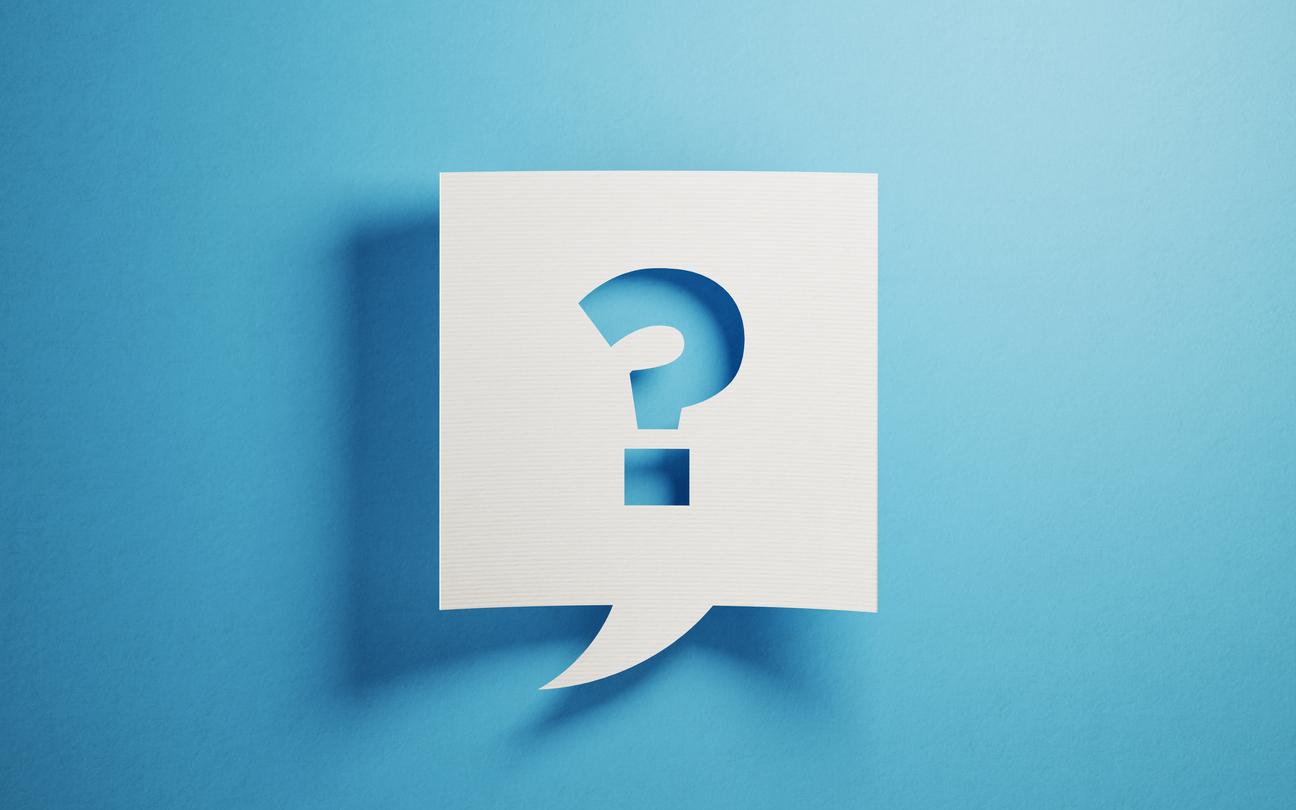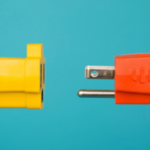Talking about your feelings (something psychologists call ‘affect labelling’) can help you regulate the way you feel, and contribute to better mental health. Although men are encouraged to talk about their emotions and reach out for help when life gets heavy, masculine norms that encourage them to be stoic, strong and self-reliant might make them feel like sharing their worries is weak or shameful. These restrictive expressions of masculinity are increasingly questioned and challenged, but many men grew up with “man up” and “boys don’t cry” as the typical response to displays of emotion. It’s little wonder that despite most men (77%) thinking that talking is an effective way to deal with problems, 38% avoid talking to others about how they feel to avoid appearing unmanly, and 43% wish they could talk more to others about personal problems.
It seems natural to turn to those closest to you when you need support but opening up to other men isn’t always straightforward. One-quarter of men in their middle years say they don’t have someone else they can rely on aside from immediate family, and one in three aren’t satisfied with the quality of their relationships, typically because they don’t feel emotionally connected or supported. Mates and family members might also not respond well, whether that’s dismissing the issue or trying to fix it. Around 41% of men say they have regretted opening up to someone about their problems and over half of these men (53%) say that this experience would prevent them from opening up again.
Seeing a therapist is encouraged but, while men’s utilisation of counselling is increasing, there are still significant barriers to men seeing a psychologist. The belief that a lot of people feel sad and down and a feeling like they need to solve their problems themselves can prevent someone from seeking help, long waiting lists and the cost of appointments can stop someone from following through, and they can be reluctant to return if treatment doesn’t meet their needs.
There’s a lot that needs to be done to remove the roadblocks to speaking up and to ensure that when men do try and get help, they receive an appropriate and effective response. Here are some solid options for men who want to share their worries.
“It didn’t feel like I could seek out help, I couldn’t talk to others about it, it felt like I just had to struggle through and push ahead and pretend like it wasn’t there. I didn’t go to seek professional help because of the stigmas that exist out there, even though I’d never had someone personally tell me, ‘Oh, as a male you can’t struggle with this, and you can’t get help or medication.’”
– Adam, 33
Support lines
The simplest option is picking up the phone and getting things off your chest confidentially, anonymously and accessibly. There is a range of organisations that provide 24/7 support, but options tailored to the needs of men and priority populations are particularly important. MensLine offers free, professional telephone counselling using a style preferred by men called solution-focused brief therapy. It’s a short-term goal-focused approach that gets the person to focus on the reason for the call (which might be struggles with relationships, connection, family, mental health, work or societal expectations), reframe thought patterns and talk through immediate solutions.
Dr Jakqui Barnfield, Director of Clinical Services at MensLine says, “Men have a sense that they’re being judged if they are acknowledging they’re vulnerable.”
“It’s really about connecting men with people who are not judging.”
– Dr Jakqui Barnfield, Director of Clinical Services at MensLine
Jakqui says some men call regularly to keep on an even keel, some are in between psychologist appointments due to the demand for services, and some are in crisis and a call is the last resort.
Marjorie Anderson is the National Program Manager for 13YARN – the first, culturally safe, national support line for Aboriginal and Torres Strait Islander people, run by Aboriginal and Torres Strait Islander people.
“Even though it’s a crisis support line, if you’re feeling anxious or worried or just feeling no good, just ring the line and have a chat with a crisis supporter and sometimes you can avoid the crisis in the first place,” Marjorie says. “There’s a real shame with talking about mental health in the community. It hasn’t been encouraged in the past and Aboriginal men see it as a sign of weakness, but there is some really fantastic work going on with elders and senior lawmen saying that it’s okay to show emotions and it’s okay to ask for help, and that’s actually what a strong man does.”
“The message that we got clearly from the community, is if they reach out to people who are non-aboriginal to get help with their mental health, they often have to educate that person on our culture, on our family makeup, our community and family responsibilities, our connection to land and sea and our responsibilities in the community as well… so that they can get an understanding of what’s going on with this person. With 13YARN, it’s Aboriginal people on the end of the line, so they understand all that. You can just get down to what you need and what your needs are, so that’s where the line is really culturally safe.”
– Marjorie Anderson
Men’s groups
There are a growing number of men’s groups that organise regular catch-ups where men can talk freely about how they feel, knowing that the other men in the space are receptive and supportive. The Men’s Table is one of these, set up in 2011 by Ben Hughes and David Pointon, who wanted to expand their conversations beyond footy scores. What started as a single table has grown to 158, with groups of men gathering all over Australia working towards their purpose of healthy men, healthy masculinities, and healthy communities.
“[Men] feel stuck. They see the, ‘are you okay?’ and ‘you should have a conversation’ message, but they look around and go, ‘Yeah, but who do I talk with? Who do I have that conversation with?’,” David says. “The value of the men’s group is, typically you’re not doing it with existing relationships, it’s with a group of men where you’ve never had any history before, but you’re all showing up, ready to start a different kind of relationship, ready to start a different kind of conversation. For a lot of men, they appreciate having an anonymous environment where you’re starting from scratch.”
The benefits of these groups is not only sharing what’s on your mind in a structured way, but listening.
“A huge burden is lifted, because you’re holding all that stuff in and that’s taking energy to hold it in,” David says. “Once a man has shared something, he’s also then taking the time on the same night or in the same conversation, to hear others share their stuff. There’s a tremendous normalising and it’s like, ‘Oh, I’m actually not going mad and I’m not the only one who feels this sort of stuff’, and that’s also very reassuring as well.”
Need immediate support?
Got time to connect? Try these groups:
The Men’s Table
The Men’s Table is a safe place to share and be heard in a confidential and non-judgemental environment, creating a greater sense of belonging, camaraderie and connection.
Dads Group
Join one of the 70 Dads Groups established across Australia for a weekly catch-up with other new or expecting fathers, their kids and a coffee. It’s a great way to make new mates in a similar stage of life and support one another through the ups and downs of parenting.
Grab Life By The Balls
Whether it’s a coffee, BBQ, barefoot bowls or burger night, Grab Life By The Balls offers laid-back events for men to mingle and make new mates.
Tough Guy Book Club
The Tough Guy Book Club is a network of men’s book clubs in local pubs where you can discuss not only the work of literary greats, but any and all of the issues that men tackle on a daily basis.
Men’s Sheds
The modern Men’s Shed is an updated version of the shed in the backyard that has long been a part of Australian culture. There are over 1200 of them across the country and they offer a space for blokes to connect with one another, learn new skills and contribute to the community.
Mr Perfect
Mr Perfect runs regular BBQs across Australia, where men can connect and chat about life while enjoying a free snag.















